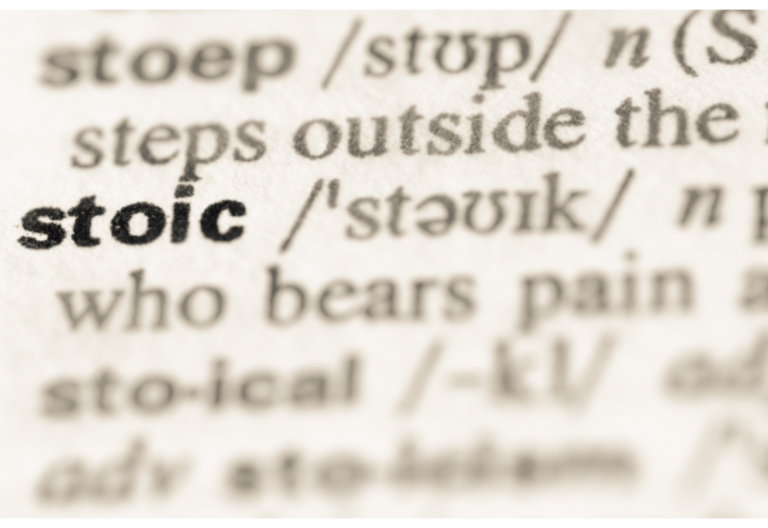The power of kindness: how to get what you want
I regularly check the identity of customers at work. To do this, they have to present a copy of their ID and a selfie in which they hold their ID next to their face. Customers also have the option of uploading profile pictures to their user profiles. In cases where customers submit support requests who are smiling in the selfies or professional pictures, something becomes apparent that we should all be aware of:
Friendliness and a benevolent charisma are an excellent means of achieving goals whose success depends on interpersonal interactions. But somehow we don't always seem to be aware of this. We often have the feeling that we are most likely to get what we want with the appropriate self-confidence and a strong appearance.
However, studies show that a friendly smile and generally benevolent behavior towards others is a much more promising factor if we want to achieve our goals. I also notice this at work when customers try to push their concerns with a stern or friendly tone. Those who are nice usually get the desired result faster and sometimes even a little more. But it's not just me who is more benevolent towards such customers. Almost all of my colleagues behave like this. Whether consciously or unconsciously, nice behavior is rewarded. Empathy for the other person is a great thing and creates win-win situations. Science also shows this.
An article in Positive Psychology shows research results that prove that friendly behavior in interpersonal interactions, including negotiations, increases trust and willingness to cooperate. It also explains that empathy and kindness can lead to better and more sustainable outcomes. (Quelle)
The linked Harvard Business Review article discusses that kind leaders who show empathy and understanding lead more successful and satisfied teams in the long term. It is shown that friendliness leads to higher employee satisfaction and loyalty, which in turn increases productivity and the quality of results. This is in clear contrast to purely assertive or authoritarian leadership, which may achieve short-term results but often leads to higher employee turnover and lower long-term productivity. (Source)
As you can see, a benevolent attitude is good for everyone involved. If you're not already friendly in your interactions, feel free to try adjusting your tone and approach. But be warned: your friendliness should be sincere. Put-on is quickly recognized and is usually not well received.







